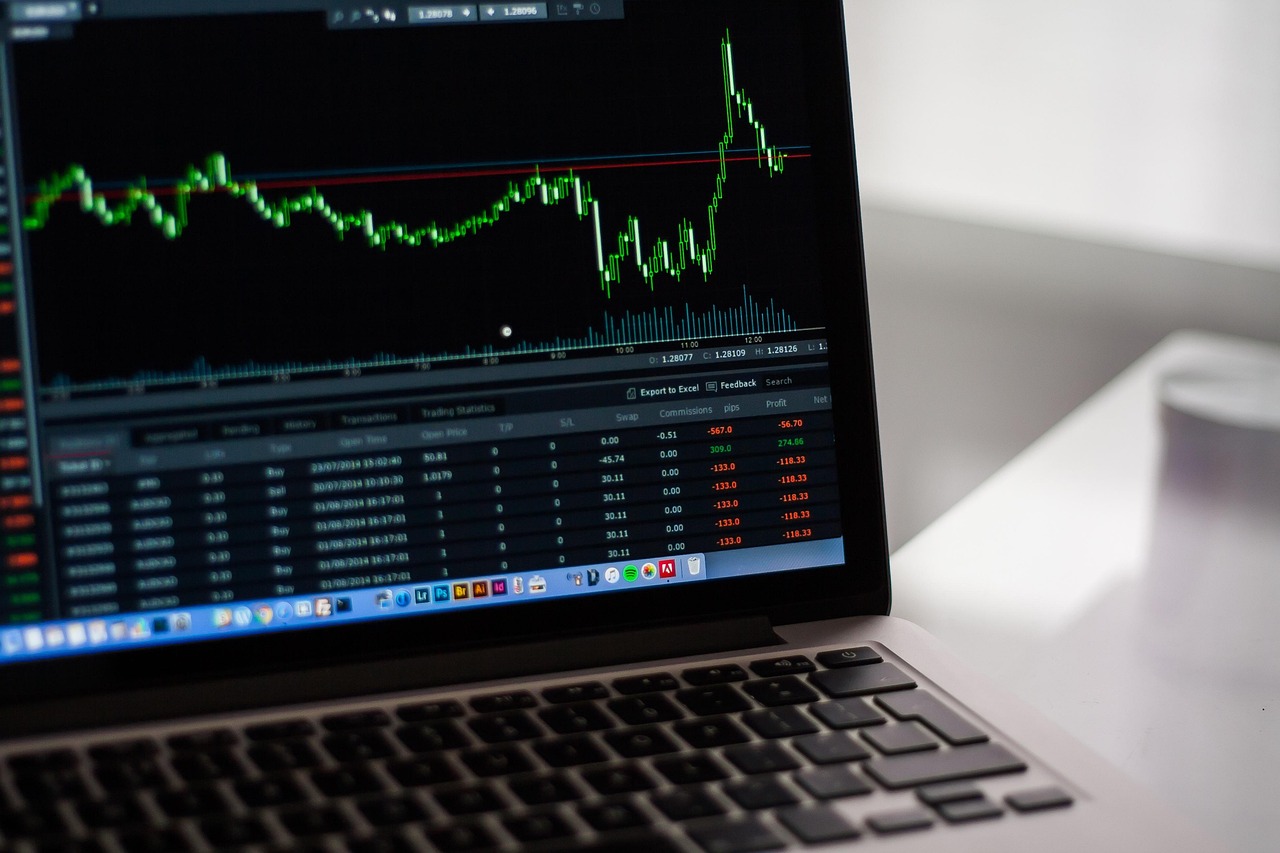By Carolina Curiel (ScrapMonster Author)
August 31, 2016 01:32:23 PM
EDGWARE (Scrap Monster): Sucden Financial has released the Analysis and Forecast Report on Iron Ore and Steel for Q3 this year.
According to the report, the iron ore prices witnessed roller-coaster ride during second quarter of the current year. However, the prices managed to stabilize around $50-$55 per tonne by June. The prices had touched a low of $38.30 during December last year and had touched highs of around $70 per tonne in April this year. Sucden notes that the prices had surged higher in April this year, not truly on the basis of fundamental strength, but mainly on account of high-volume speculative buying by Chinese retail investors in anticipation of further rally in the raw material prices.
The iron ore prices have likely established a range between $48 per tonne on the lower side and $60 per tonne on the upper side. There seems to be no shortage of iron ore or new capacity. In the absence of sustainable recovery in Chinese economy, the prices are most likely to trend near the lower range. Iron ore prices are most likely to fall back to $48 and dip further to $45 per tonne in the longer term. Outside this range, the prices are likely to witness extreme volatility. The price of the steelmaking raw material is likely to witness higher levels during periods of restocking, the report says.
With more number of world countries implementing anti-dumping trade measures against China, domestic steel production in China is likely to witness further weakness. Although steel production from Western countries is likely to compensate for the drop in Chinese steel exports, this may result in iron ore losing a sizable market share to steel scrap.
The iron ore production by China reported decline of around 150 million tonnes during recent years. The production from other countries excluding China has also declined by 100 million tonnes. However, major iron ore producers have reported higher outputs during this period. Further, they have already announced plans to increase capacities in 2017 and 2018. Thus seaborne iron ore market is unlikely to witness any shortage. Consequently, price rallies are expected to be short-lived. High iron ore prices are highly correlated with increased steel output. A drop in steel production would lead to excess supply, which in turn should keep iron ore prices under pressure.
Steel output surged higher by 9.7% during March-May ’16 when compared with the preceding three months. This is significantly higher when compared with the 4.4% rise reported in March-May ’15 over the prior three-month period. Sucden notes that the steel output tend to rise in March every year on account of restocking by construction industry after prolonged winter season. However, the jump in production during March this year was phenomenal. Also, production data released by the World Steel Association indicates that world crude steel production totaled 133.742 million tonnes (Mt) in July this year, registering an uptick of 1.4% over the previous year.
Hot rolled coil (HRC) prices in North America and Europe climbed higher due to sharp drop in imports from China on account of strict anti-dumping policies implemented by regional governments. The high level of restocking has also supported higher HRC prices. However, cheap Asian steel prices and widening price differentials are likely to result in increased steel imports by countries in North America and European region from other Asian countries including Russia, Korea and Taiwan. This will lead to consolidation of steel prices at lower level.
![Platinum Prices Plunge Intraday Spot Market Transactions Recover [SMM Daily Review]](https://imgqn.smm.cn/usercenter/VphiQ20251217171736.jpg)

